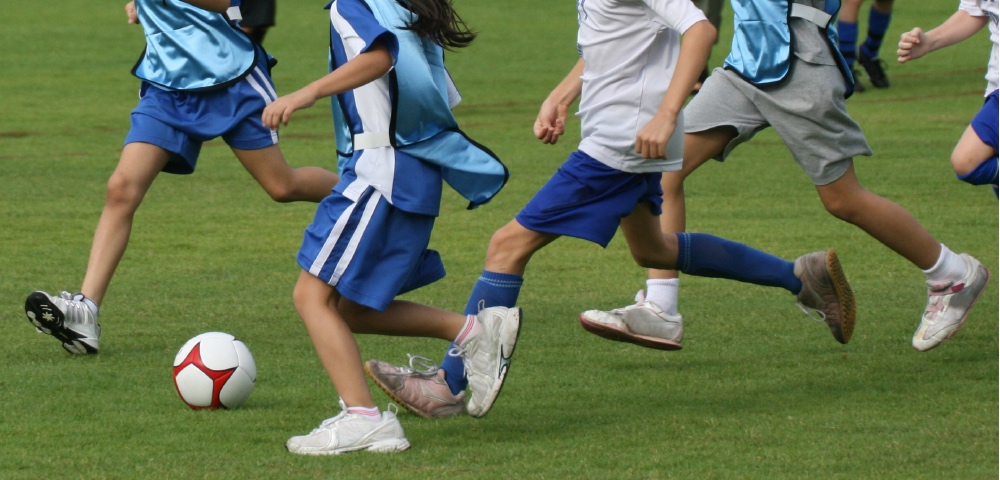The long-term effects of sports-related concussions affect athletes across a wide range of sports — boxing, soccer, football and gymnastics to name a few. Most of the stories on sports-related concussions have focused on male athletes, but a new study suggests that female athletes are 50 percent more likely than men to get a sports-related concussion.
“Studies comparing concussion in male and female college athletes have often been limited in size and had incomplete follow-ups,” James Noble, one of the study's authors, said in a statement.
The study's findings support previous findings. Noble explained that other neurological disorders, such as Alzheimer’s disease, are also believed to happen more often in women than men.Although women appear to be more susceptible to concussions than men, women tend to recover from concussion just as quickly.
A total of 228 study participants, 88 women and 140 men, had at least one concussion during their college athletic career. Athletes who had a previous concussion were three times more likely to have another concussion as those who had never had a concussion. In gender-comparable sports such as soccer and basketball, female athletes were more likely to have a concussion.
“It is unclear why women appear to be at greater risk for sports-related concussions compared to men,” said Noble, an assistant professor of neurology at Columbia University Medical Center. But these findings show that more research on these gender differences is needed, he added.
So what is at work? Researchers are exploring a number of avenues. Noble elaborated: some argue that something must be different about the way women experience concussion or that women and men may play sports, even gender-comparable sports, in distinct styles that somehow puts women at greater risk. Or that there may be differences in how the head and the body respond to movement in women versus men. Finally, others argue that there is something very complex and physiologically very different in women versus men, he said.
Although women appear to be more susceptible to concussions than men, women tend to recover from concussion just as quickly: the average time to return to play was 10 days for both women and men.
The research will be presented at the American Academy of Neurology Annual Meeting in April.





